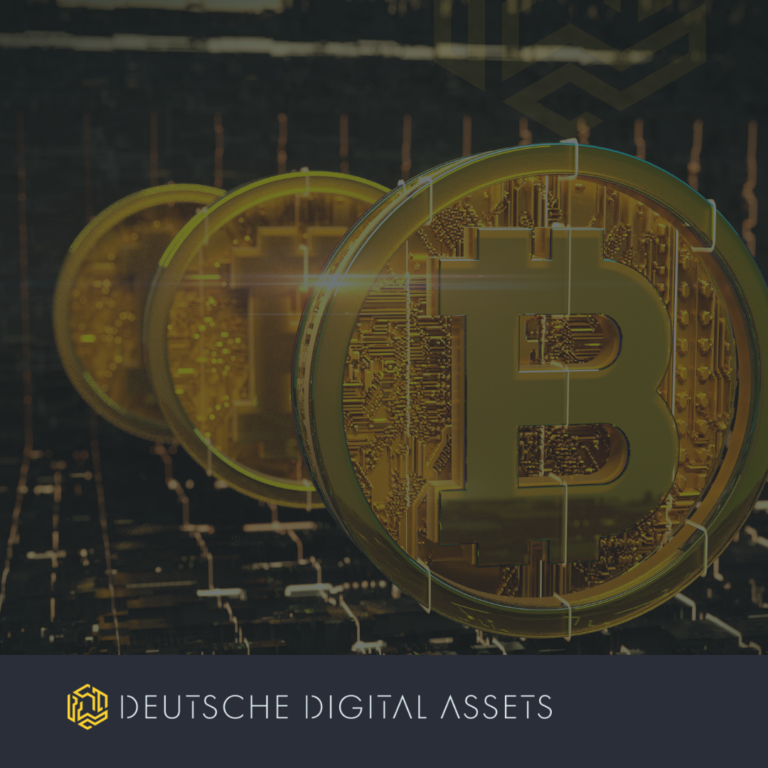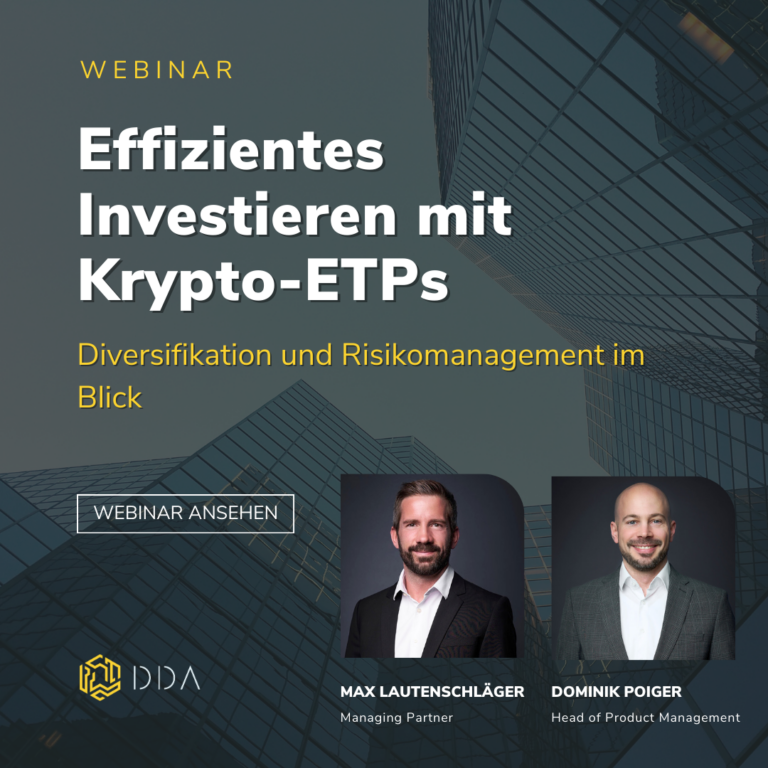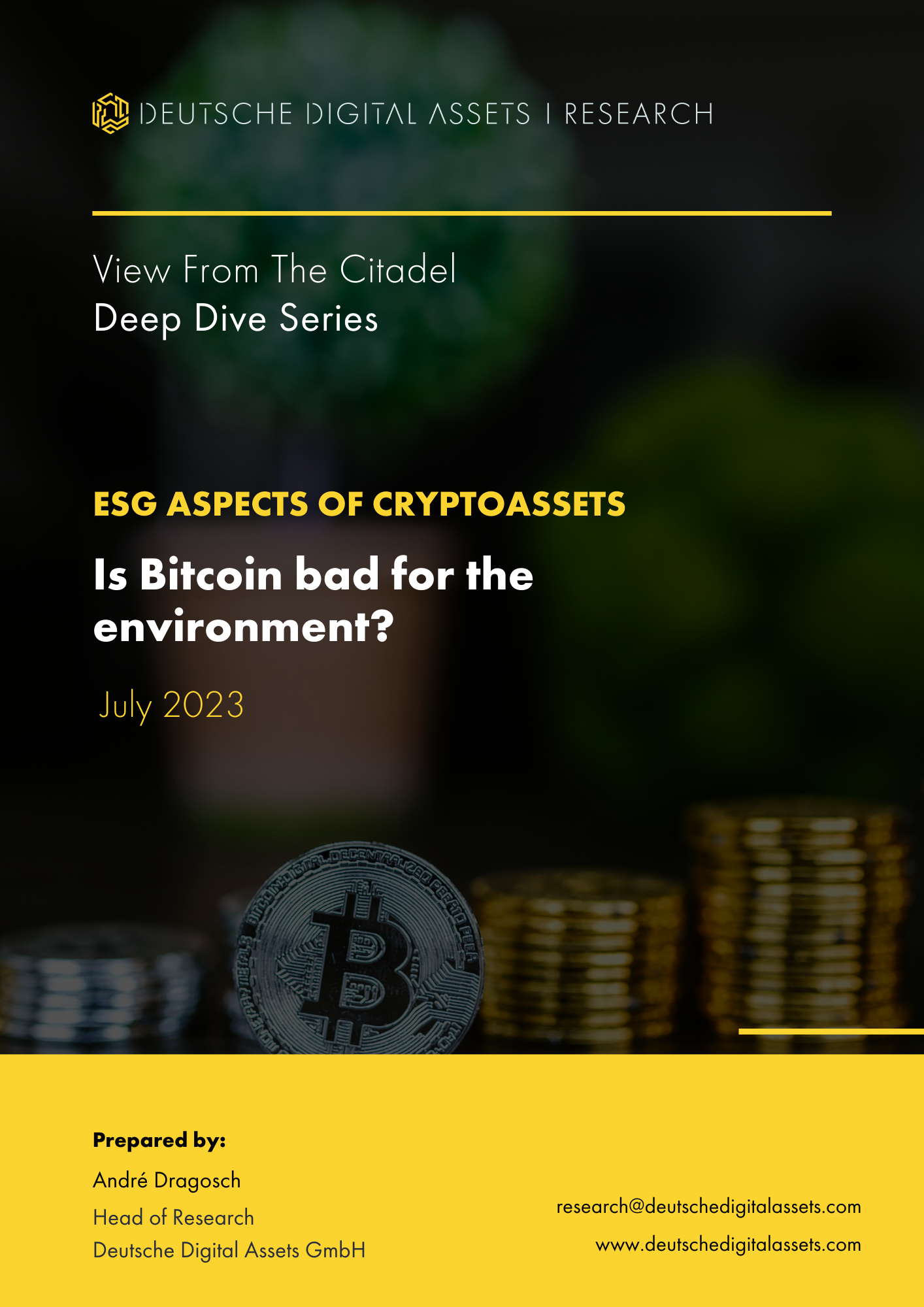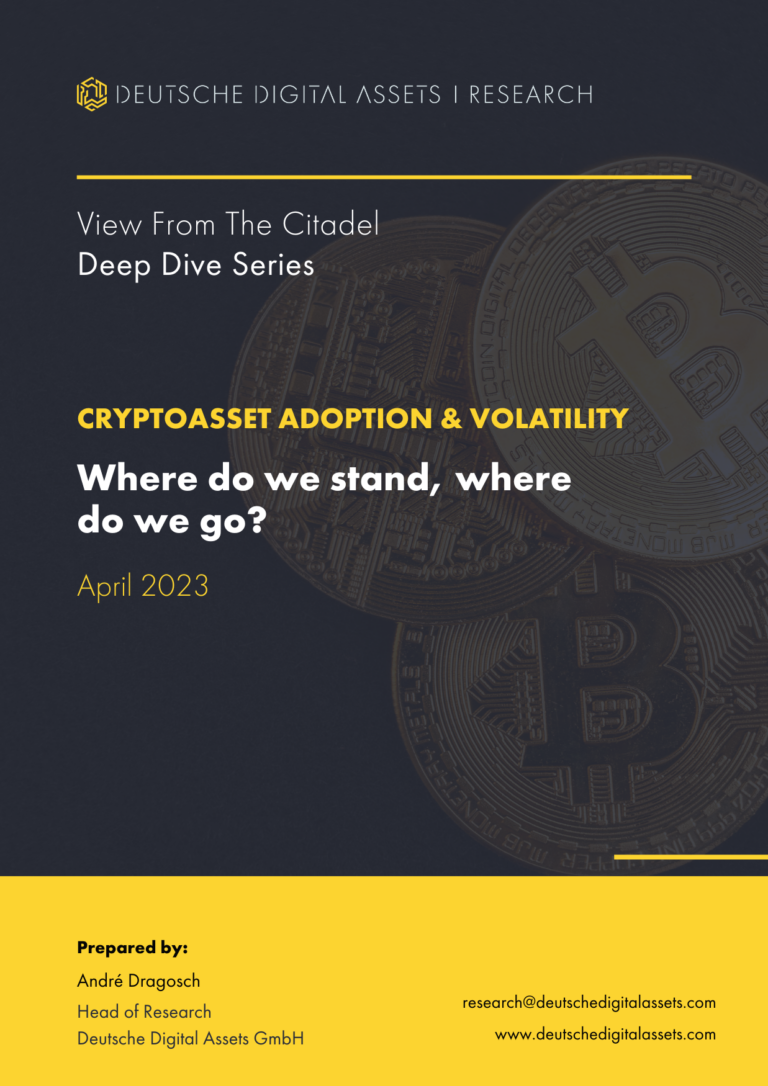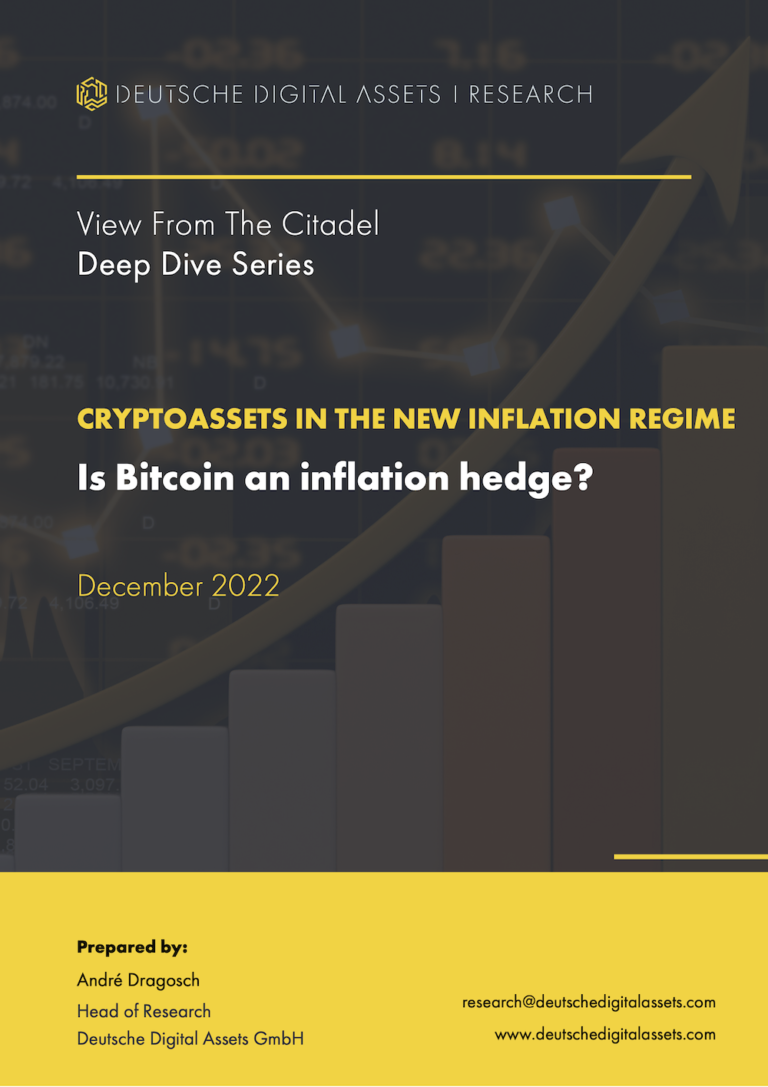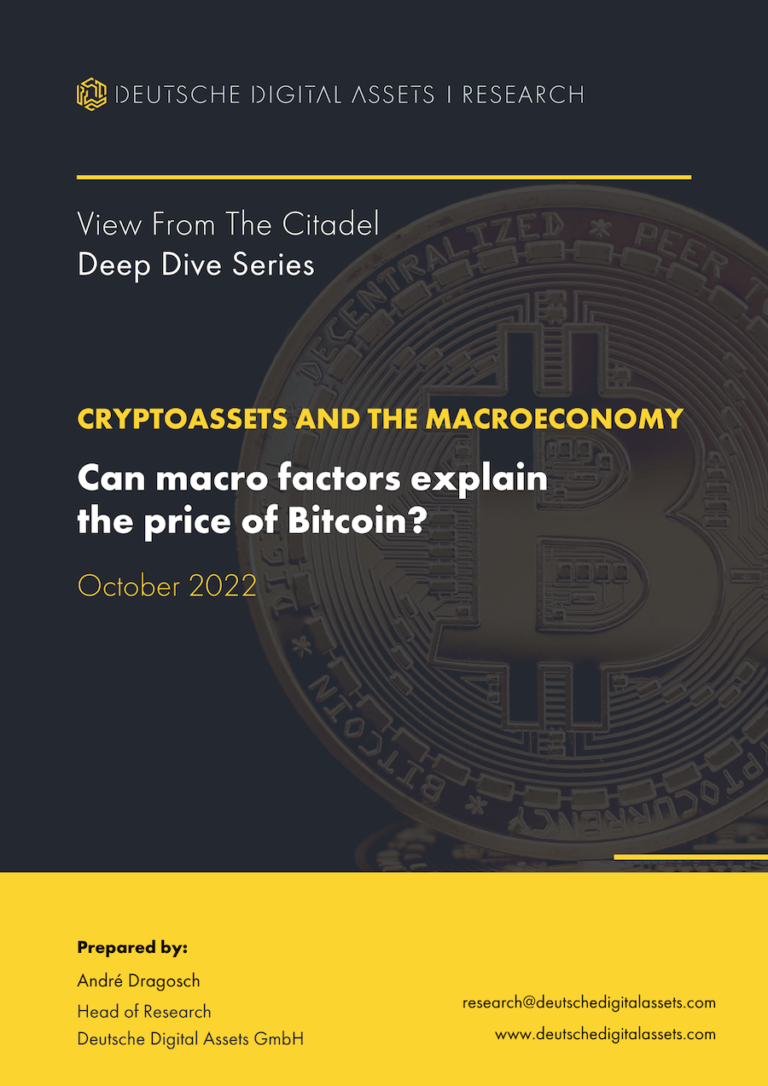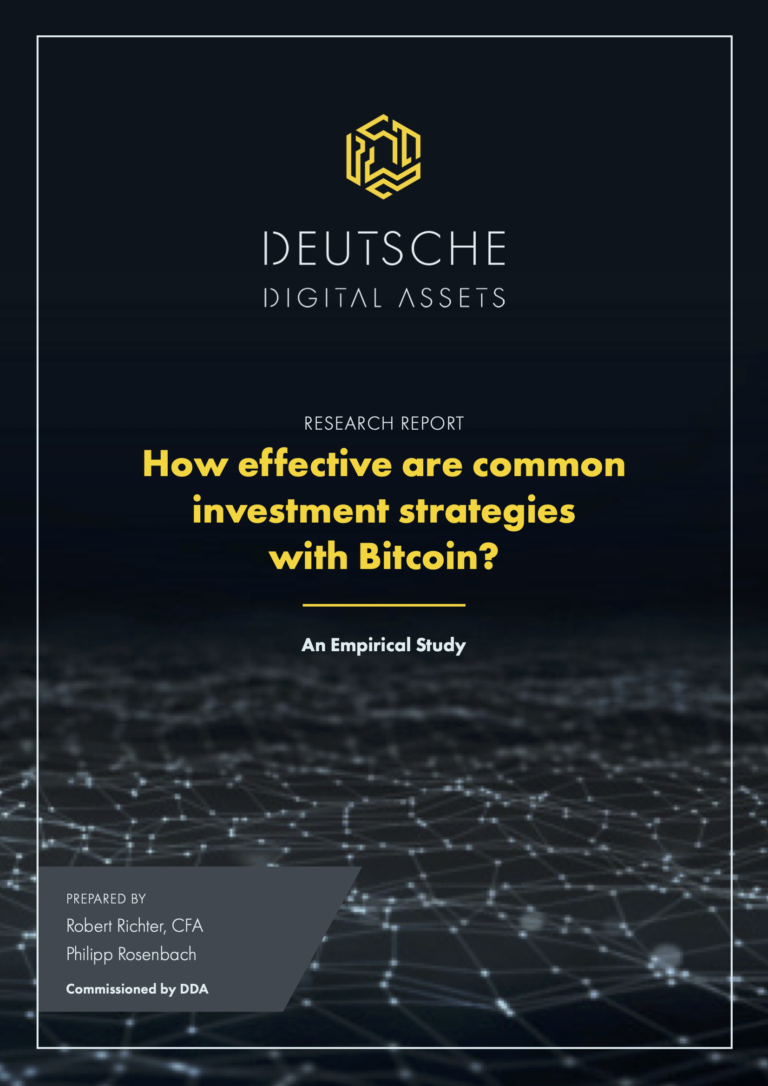Die meisten Menschen sind sich darin einig, dass sich die technologische Innovation in den letzten zwei Jahrzehnten beschleunigt hat. Technologie macht unser aller Leben einfacher und leichter - wir können uns unser Essen liefern lassen, ein Taxi bestellen, das in wenigen Minuten zu uns nach Hause kommt, Sitzungen online abhalten und auf eine Fülle von Informationen zu jedem erdenklichen Thema zugreifen, und das alles mit nur einem Klick auf eine Schaltfläche. Nur noch wenige von uns können sich ein Leben ohne Technologie vorstellen.
Vor allem die Blockchain-Technologie könnte die Welle der Zukunft sein.
Was ist Blockchain und warum ist sie wichtig?
Der Sinn einer Blockchain besteht darin, dass Menschen - insbesondere solche, die einander nicht vertrauen - wertvolle Daten auf sichere und fälschungssichere Weise austauschen können. MIT Technology Review
Ein digitaler Vermögenswert, der die Blockchain-Technologie nutzt, kann eine Aufzeichnung oder ein Hauptbuch über jede jemals getätigte Transaktion enthalten. Diese Informationen werden auf einer großen Anzahl von Computern gespeichert. Diese "Dezentralisierung" der Blockchain sorgt für Geschwindigkeit und Sicherheit, da sie sehr schwer zu hacken ist. Dennoch ist es möglich, diese Daten auf zuverlässige und leicht zugängliche Weise weiterzugeben. So erhalten Sie das Beste aus beiden Welten: maximale Latenzzeit bei höchster Sicherheit.
Kurz und bündig:
- Digitale Güter werden verteilt, anstatt kopiert oder übertragen zu werden.
- Der Vermögenswert ist dezentralisiert und ermöglicht einen vollständigen Zugriff in Echtzeit.
- Ein transparentes Änderungsbuch bewahrt die Integrität des Dokuments, was unbestreitbares Vertrauen in den Vermögenswert schafft.
Diese Sicherheit und Transparenz machen Blockchains für alle Arten von Branchen äußerst wertvoll, vom Bank- und Finanzwesen bis hin zu Arztpraxen und Krankenhäusern, die Patientendaten sicher speichern wollen.
Warum in Kryptowährungen investieren, wenn man an die Blockchain glaubt?
Es besteht eine direkte Wertbeziehung zwischen der Blockchain-Technologie und ihrem Krypto-Vermögen. Die meisten öffentlichen Blockchain-Projekte stützen sich auf ihr eigenes Krypto-Asset als Belohnung oder Kontrollmechanismus, um die Nachhaltigkeit des Ledgers aufrechtzuerhalten.
''Blockchain ist die Technologie. Bitcoin ist lediglich die erste Mainstream-Manifestation ihres Potenzials", Marc Kenigsberg.
Bitcoin mag der erste sein, aber er ist sicher nicht der einzige Akteur.
Ethereum hat zum Beispiel den nativen Token Ether (ETH), aber auch einen Pseudo-Token GAS, der für die Abwicklung von Transaktionen im Netzwerk verwendet wird. ETH ist eine Werteinheit, die an den Erfolg von Ethereum-Projekten gebunden ist, GAS ist eine Kosteneinheit für den Betrieb des Netzwerks.
Die beiden sind miteinander verbunden, aber dennoch getrennt. Die Preise der beiden Token-Typen können schwanken, ohne den tatsächlichen Preis des anderen zu beeinflussen. Der Preis von ETH könnte aufgrund der (realen oder spekulativen) Annahme des Ethereum-Systems immer noch steigen, selbst wenn GAS fallen würde.
Wenn man als Investor an ein Blockchain-Projekt glaubt, muss man auch an die entsprechenden Vermögenswerte glauben. Wenn Sie an ein Unternehmen glauben, kaufen Sie Aktien dieses Unternehmens (oder eines diversifizierten Portfolios von Unternehmen). Das Prinzip ist bei Kryptowährungen dasselbe. Genauso wie ein umsichtiger Anleger keine Aktien eines Unternehmens kaufen würde, ohne das Wertversprechen und die Zukunftsaussichten dieses Unternehmens zu verstehen, sollten Sie, bevor Sie in eine Kryptowährung investieren, an den Wert glauben, den das Blockchain-Projekt liefern kann.
Blockchain - ein Dauerbrenner?
1995 sagte Newsweek voraus, dass sich das "Internet" nicht durchsetzen würde. Wie sehr konnten sie sich da irren? Stellen Sie sich vor, Sie hätten bereits in den 1990er Jahren in das Internet-Protokoll (als Infrastruktur) investieren können, bevor es in großem Umfang eingeführt wurde.
Das ist genau das, was Sie jetzt tun können, wenn Sie an die Blockchain-Technologie glauben. Diese Infrastrukturen haben ihre eigenen nativen Token, wie ETH, was sie investierbar macht.
Wenn Sie davon überzeugt sind, dass die Blockchain-Technologie eine der einflussreichsten Entwicklungen des nächsten Jahrzehnts ist, stellt sich die Frage, warum Sie noch nicht in Kryptowährungen investiert sind.
# # #
Dieser Artikel dient ausschließlich zu Bildungszwecken und darf nicht als Finanzberatung verstanden werden.






